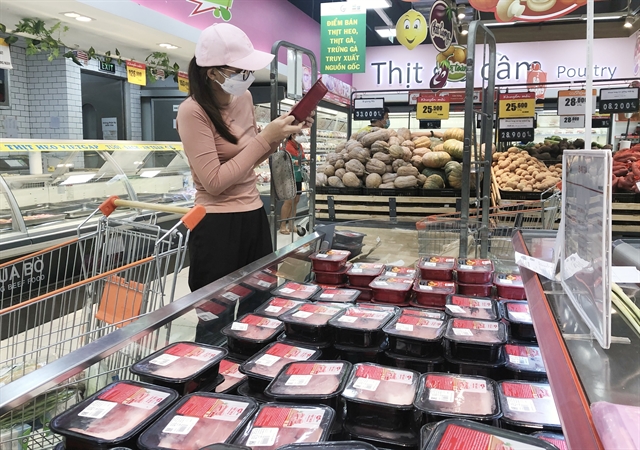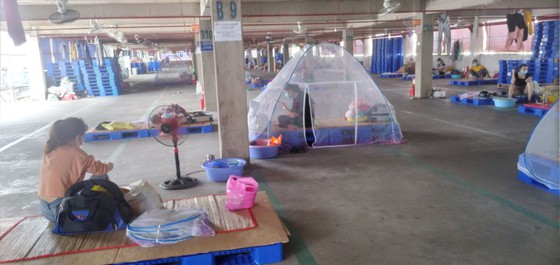
HCM CITY — Many businesses in HCM City are at risk of losing market share if suspension of operations due to the COVID-19 outbreak continues.
More than 12,000 businesses in the country have had to stop operations or scale down each month since the pandemic hit the country, according to the Ministry of Planning and Investment.
A number of businesses in HCM City had to suspend operations because they did not fully observe disease prevention and control measures to ensure employees’ safety as required by city authorities.
Lý Kim Chi, chairwoman of the HCM City Food and Foodstuff Association, said the association’s member enterprises had given priority to maintaining business and production but they were still encountering difficulties, including congestion and an increase in the cost of goods transport.
The lack of drivers and means of transport has led to an average increase of 15-30 per cent in transport fees.
Companies must also ensure that drivers have a negative COVID-19 test before entering the city.
Tests cost about VNĐ2 million (US$88) for drivers who ship raw materials from the southwestern region to the city.
Enterprises also have to shut down if they do not set up temporary accommodation and food for workers at the work site or find places for their employees to stay following the “One road, two locations” programme from authorities.
Many enterprises have reduced the number of workers by 50 per cent, which has led to a 50 per cent cut of their production capacity while still receiving orders from clients.
Nguyễn Phương Đông, general director of Sài Gòn Industrial Corporation, said that orders for domestic market could be renegotiated with clients to extend the delivery time.
However, export orders cannot be delayed because they depend on the shipping dates confirmed with shipping lines.
The enterprises have given priority to export deliveries on time by asking workers to add four hours of overtime a day.
They have also had to bear costs because of increasing job allowances, meals and COVID-19 tests for workers.
If this situation continues for a long time, many enterprises will have to close down because they cannot guarantee their production costs.
Phạm Xuân Hồng, chairman of the HCM City Association of Garment Textile Embroidery and Knitting, said that many textile and garment enterprises have stopped operation because they could not meet the requirement of prevention measures to ensure safety for workers.
They have been negotiating with export partners about the situation.
About 56 per cent of businesses in the southern province of Bình Dương have arranged meals and accommodation for their workers to maintain production amid the pandemic.
The southern province of Đồng Nai said about 220 businesses in industrial parks arranged for more than 37,000 workers to stay at the work site, mainly small- and medium-sized enterprises.
Several large-sized enterprises have allowed their employees to take a break from work as they cannot cover rising costs for arranging meals and accommodation for a large number of workers at a time.
Prices of many types of imported raw materials for production have increased by 15-300 per cent. Businesses face a risk of purchasing power declines due to the need to increase the selling prices of products.
In addition, higher fees for the use of infrastructure, service facilities and public utilities at seaports in HCM City will start from October, so production costs will rise. Many businesses have asked the city to delay these fees until early next year.
Vũ Nam Chiến, deputy director of Tân Nhất Hương Co., Ltd based in HCM City, said that the hard-hit businesses have sought lower lending interest rates from the State Bank of Việt Nam and commercial banks during this difficult time.
The Ministry of Industry and Trade should ask Vietnamese commercial counselors abroad to help find overseas suppliers of raw materials so that domestic enterprises can save costs and avoid interruptions in production, he said. — VNS


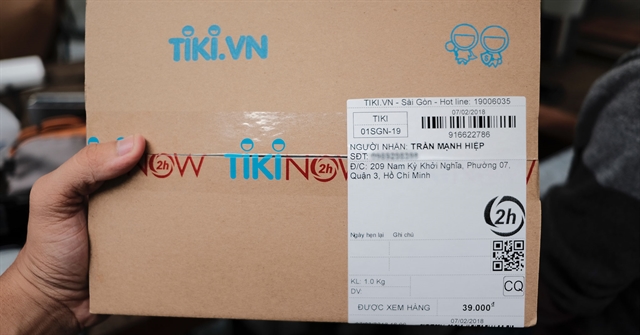
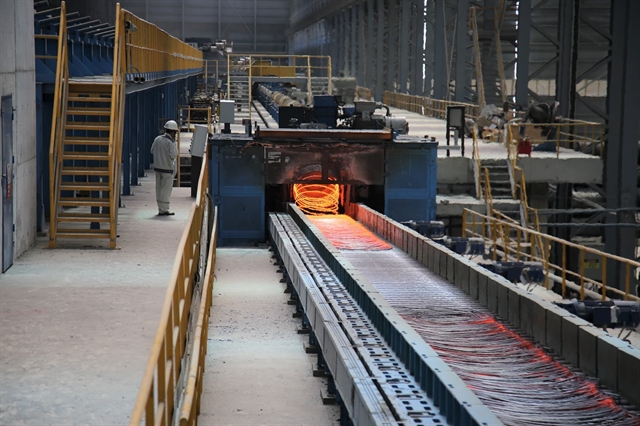

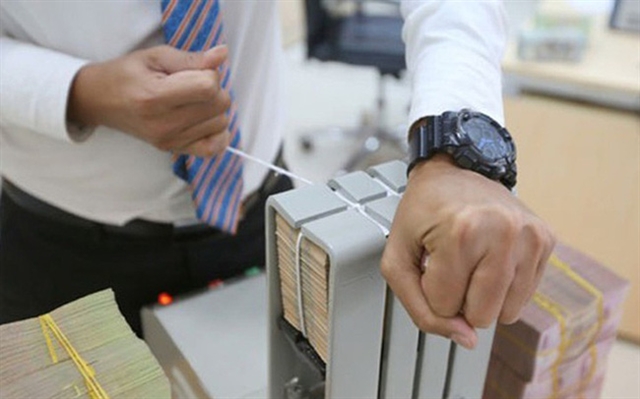

.jpg)


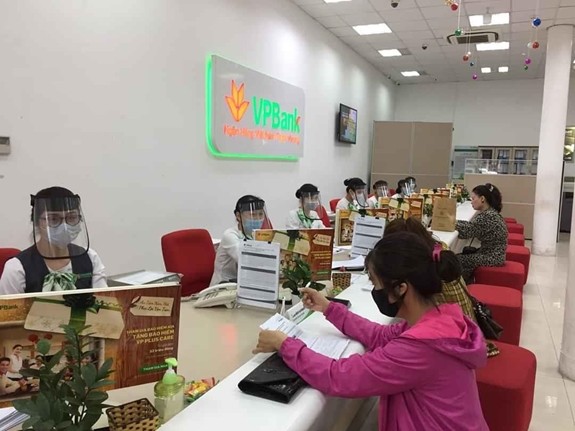
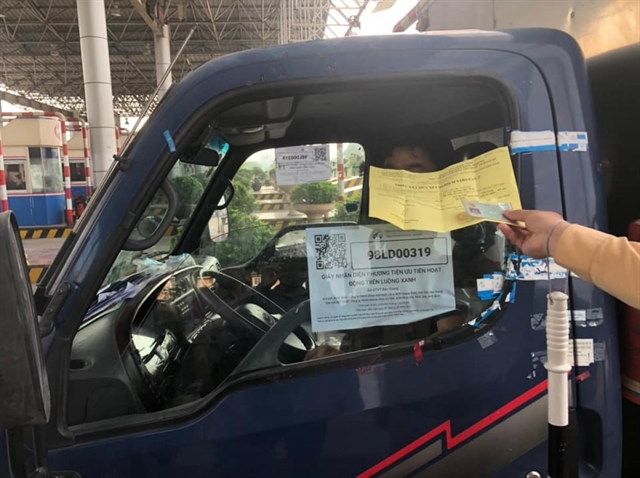
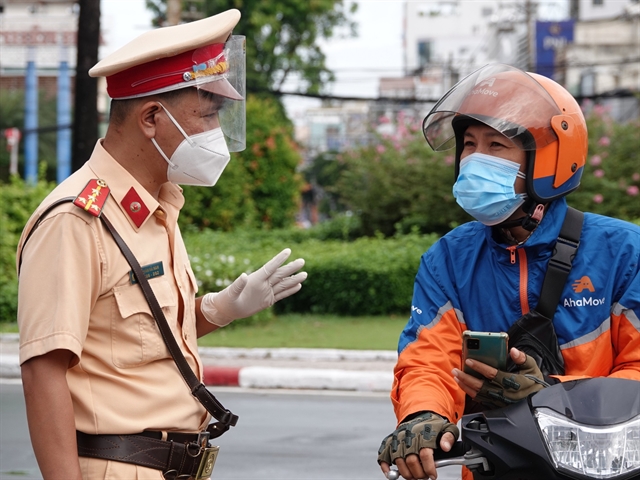
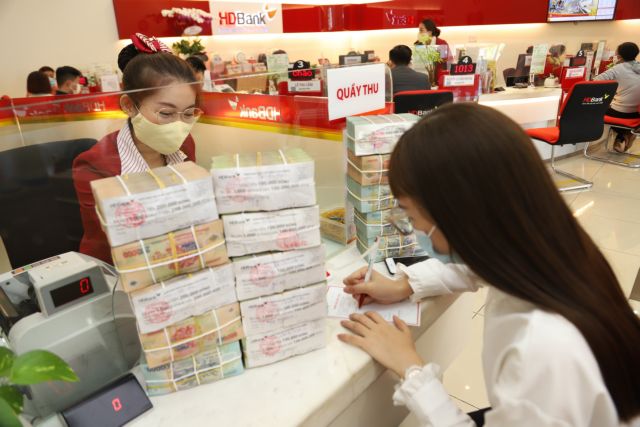

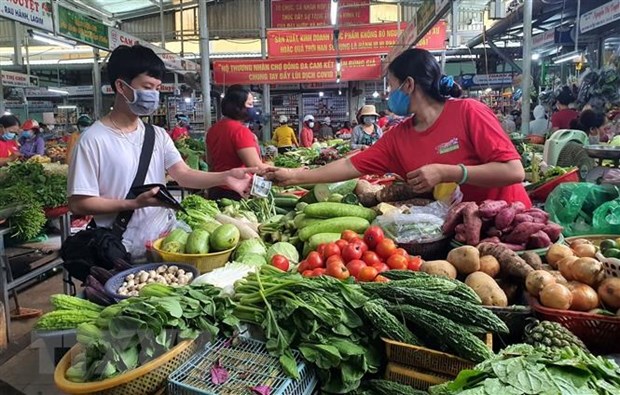


.jpg)
